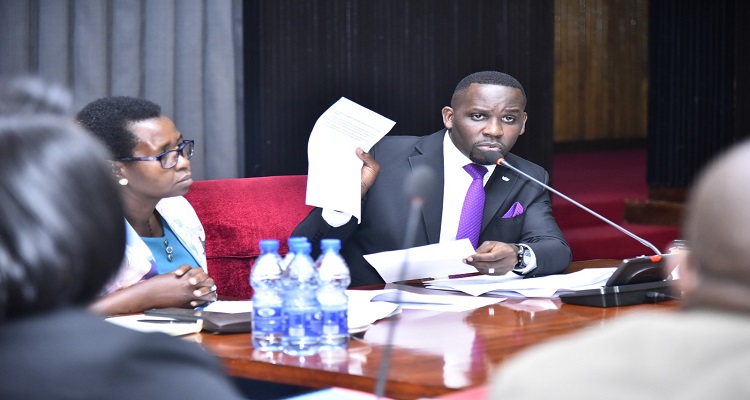The journey towards automating jobs is well underway in certain sectors. One such sector is in the airline industry in low-cost airlines where it is all about keeping costs down. There is an airline known as Ryanair which started in Ireland but now operates all over Europe. The boss of this airline, Michael O’Leary, has made no secret of his strategy to cut costs and his formula seems to have worked since Ryanair is now the largest low-cost carrier in Europe. We booked on a Ryanair flight and the first thing we discovered was that we had to check-in online and then do our own automated bag drop. By abolishing such services, which otherwise require ground staff at the airport, he had cut costs.
So how does one abolish a physical check-in which normally seems essential before getting on a flight? Checking in online gets round the need for check-in on arrival, and people can use their phones to store the boarding pass so there is no need for a paper boarding card. The airline also charges separately for each piece of luggage, so if people are going for a short trip and don’t need a case, they can travel with just a small backpack. Since some people will need to take a carry-on, a category was created called ‘Priority’, in which the person pays a slightly higher ticket price but gets the ‘privilege’ of bringing a carry-on. We had a suitcase, so we paid for one piece of luggage which we had to take to the bag drop at the airport. We first placed the luggage on the machine and scanned the boarding card from the phone. The machine printed out the luggage tag showing visual instructions of how to attach it to the luggage. We then took the bag to the rolling belt where the tag was read automatically, and the luggage disappeared into the system. There was no ground crew involved.
After we had gone through security (which was manned by human beings) we were ready for immigration, but there was none – in Ireland they no longer check your passport on leaving. This was very different compared to my recent experience when leaving South Sudan. If one stays more than 48 hours in South Sudan, one needs to go to an obscure office downtown to get an alien’s stamp and if you fail to do this, you will have difficulty leaving the airport. I was informed about this step and had obtained the extra stamp, but I didn’t realise that if one has been in Juba more than once in the past year, they also ask for a work permit as you are leaving. I was taken into a small office and interrogated as to why I did not have a work permit, which had the effect of making me decide not to go back unless absolutely necessary, so they are discouraging people from visiting. In Ireland, after security, we reached the duty-free shopping where I decided to buy a book but found there was no shop assistant, and I had to do my own check out. This involved showing the machine my phone boarding pass, then the bar code on the book and then tapping my credit card to pay.
On boarding the plane, those who had paid for ‘priority’ could stow their carry-on bags in the overhead lockers, while those with the small backpacks put them under the seat in front. Ryanair has developed such a fierce reputation for enforcing the rules that few passengers break them; indeed I once witnessed passengers taking their clothes out of their bag and wearing all of them because they were being charged a penalty for an oversize bag! On the flight itself there was no complimentary meal so one could order food from a menu which was accessed using your phone to scan a barcode on the back of the seat in front. On arrival, those who had European Union passports scanned them on the automatic machines without queueing.
Being of an older generation I admit to finding it a bit daunting dealing with technology and machines, and I would prefer to deal with real people, but the upside is that it is cheaper and faster, and real people are great until they give you poor service. In Europe they are using technology to simplify procedures, while in Africa we are doing the opposite: we tend to put in more complex procedures requiring more checks and more staff which increases costs, but also leaves us open to poor service or paying facilitation to get through the system. Ultimately technology and machines will become the norm, and we will get used to them because they make services cheaper and more convenient. But how far will Africa lag behind in this process?
Do you have a story in your community or an opinion to share with us: Email us at Submit an Article









